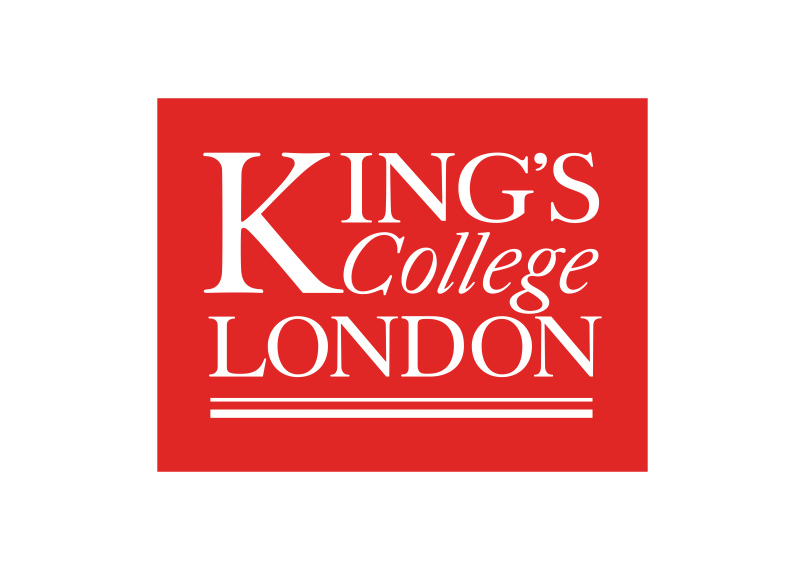
Exploring the impact of COVID-19 on the development and delivery of work and health research during the pandemic
This review will seek to comprehensively find out which factors can predict work absence, as well as the usefulness of predictive models to identify people whoo will go on to have long term work absence
This study explored the challenges and impact the COVID-19 pandemic had on the development and delivery of work and health research, and considered future research priorities. We identified novel gains and opportunities were created for researchers during this period such as agile ways of working (remote working) and harnessing online technology created a more inclusive research environment for researchers and participants, offered greater flexibility and autonomy, and opened up new collaborative opportunities. We highlighted emerging research priorities which are likely to shape the future of research into work and health e.g. the impact of COVID-19 on respiratory health and work functioning, digital health interventions for chronic diseases, and the impact of remote working on mental and physical health and disabilities.
Background
The unfolding global COVID-19 pandemic in 2020 created a sudden and prolonged disruption to the planned delivery of scientific research across many specialties, including work and health research. Various studies have explored the impact of the COVID-19 pandemic on research across different fields of health research but none focused on the field of work and health
Aims
This study focused on the following questions:
What impact has the COVID-19 pandemic had on the continuation of research into work and health?
What opportunities have arisen to optimise the development and delivery of research into work and health in the UK during the COVID-19 pandemic?
What lessons could be learned to safeguard and facilitate the progression of rigorous and high-quality research into work and health should similar disruptions to research occur in the future?
What priorities for research into work and health are likely to emerge in response to the Covid-19 pandemic?
What did this research involve?
This research consisted of a cross-sectional study, with questionnaires sent out targeting work and health researchers across a broad range of health disciplines.
What did this study find?
In all, thirty-three questionnaires were completed and returned. Sixty-one percent of respondents were female, the majority (78%) had over 11 years of research experience, and 76% worked mainly in academia.
The majority of respondents (88%) were able to progress with research development activities (grant development and strategic research work), with approximately 10 studies needing to be paused or suspended during this period. A larger proportion of research staff were redeployed to assist with other studies or were furloughed.
A range of practical and logistical factors were found to impact work and health research activity during the pandemic, with some participants benefiting from increased opportunities to collaborate on new multidisciplinary studies, and increased flexibility and more inclusive work practices. Other researchers experienced challenges that had an adverse impact on research delivery and intervention delivery coupled with inadequate working environments, poor team cohesion, and isolation. A range of future priorities for research was highlighted.
Papers
Parsons, V, Wainwright, E, Karanika-Murray, M, Muiry, G, Demou, E, The impact of Covid-19 on work and health research. (2024), Occupational Medicine, 74 (1), Pages 8 - 14 DOI: 10.1093/occmed/kqac080
Conference presentations
Parsons V, Wainwright E, Karanika-Murray M, Muiry G, Demou, E, Exploring the impact of Covid-19 on the development and delivery of work and health research. Faculty/Society of Occupational Medicine annual conference (Edinburgh, UK) June 2022.
Study team
Chief investigator
Dr Vaughan Parsons (Guy’s and St Thomas’ NHS Trust / King’s College London)
Co-investigators
Dr Elaine Wainwright (University of Aberdeen)
Dr Maria Karanika-Murray (Nottingham Trent University)
Dr Evangelia Demou (University of Glasgow)
Associated research staff
Gabriella Muiry (Guy’s and St Thomas’ NHS Trust)
Centre institutions
Research partners
Further information
If you have any queries about this research please contact vaughan.parsons@gstt.nhs.uk






